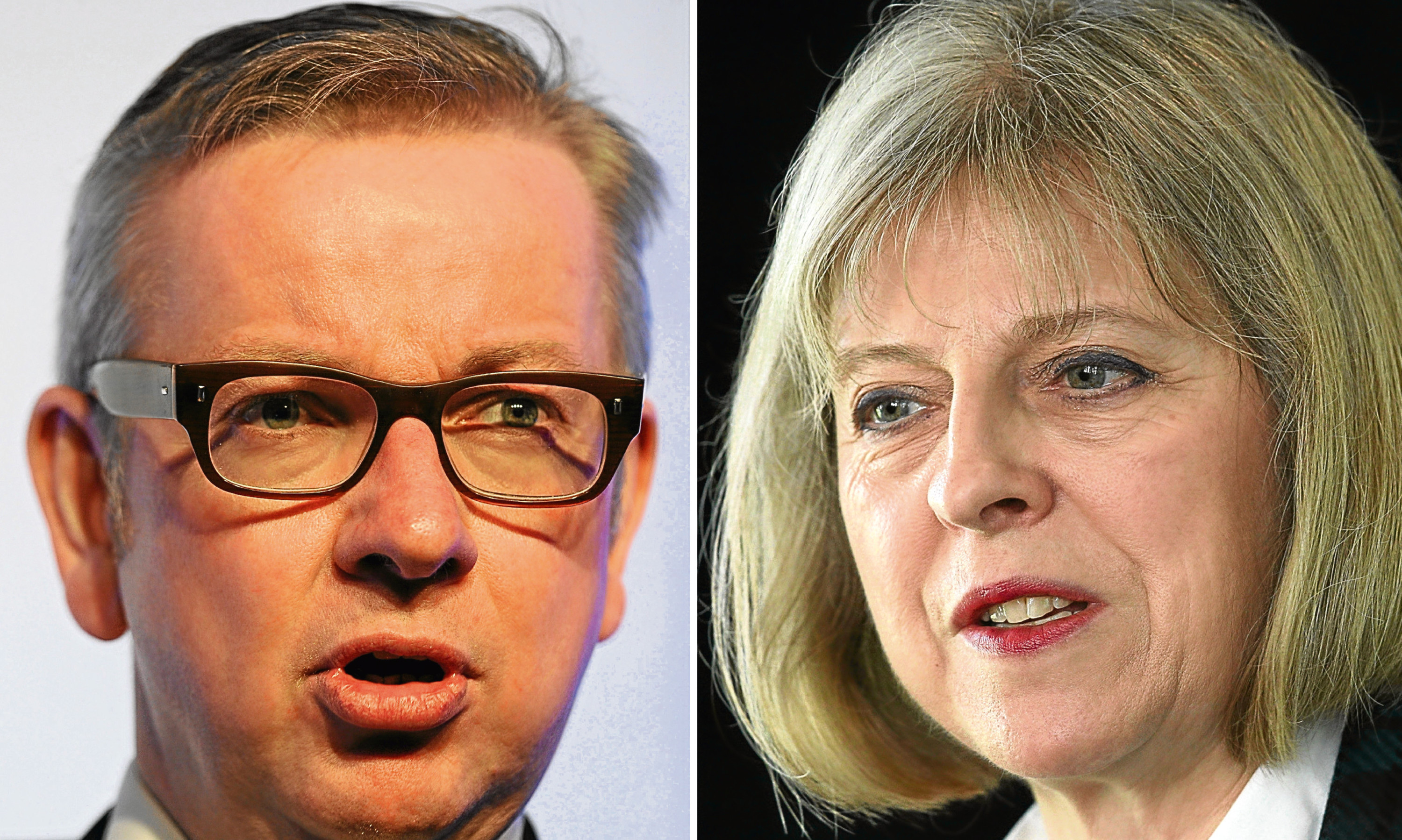Remember when things ran on an even keel?
When waters were becalmed and the worst the business community had to worry about was cashing out the overflowing till at the end of the day?
Nope? Me neither.
Life is complicated and anyone who has ever run a business knows it is not an easy thing to do.
Whether it is a complaint, a difficult customer, paying suppliers, getting paid, doing the accounts, dealing with staffing issues, red tape or something entirely from the left field, there’s always an obstacle to be overcome.
In fact, business owners often have many plates spinning at once.
What no entrepreneur putting in 15 hour days needs, therefore, is more problems foisted upon them.
That’s what the Brexit vote has done.
It has placed an extra burden upon the tens of thousands of businesses operating in Scotland.
I have had a lot of conversations with businesses in recent days about the merits and demerits of a Leave vote.
Before the referendum, the general consensus was it made better economic sense to stay within the EU.
I have not detected any change in that opinion in the days post-poll.
But what I have seen is a rising frustration – and in some cases real anger – about the political black hole that has opened up at Westminster after the UK’s historic declaration.
The uncertainty that firms are now experiencing is disruptive, damaging and, I’m sure in some cases, will prove deadly.
It is less that a Leave vote was not what they had hoped for, it is the fact there is no ‘ what now’ plan.
The focus has switched from trade relations, growth prospects and the economy to back-stabbing, in-fighting and the kind of scenes that Brutus may not have had the stomach for.
Business people are a pragmatic bunch that just want to get on with the job with as little hassle as possible.
But that is not an option open to them in this climate of intensifying uncertainty.
Without a clear strategy and strong leadership, companies are swimming without a lifebelt, drifting on the tide.
If that situation should persist then, inevitably, some will hit the economic rocks and others will need rescuing.
At the weekend, the Federation of Small Businesses in Scotland released figures showing confidence in the commercial sector had plummetted over the past 12 months.
In a survey taken weeks before the Brexit vote, business optimism had already moved into negative territory at -5.5 – a huge fall from the 28.5 reported in the second quarter of 2014.
I dread to think where that measure is now.
But the mark of a great economy – which, despite everything, Britain still remains – is how it responds in times of crises like this.
By ditching the surplus target and floating a cut to corporation tax, Chancellor George Osborne has been trying to make a fist of things.
But as a leading Remainer, his own political career hangs by a thread and I’ve seen no evidence of a cogent plan from any of our other political elite as they instead engaged in a sickening, self-serving battle for power.
They seem to have forgotten that the interests of the country should always come before personal advancement.
I am confident that trading in the City will stabilise and the pound will regain at least some of its strength, but I still fear we may be heading for recession – even if it is only a techncial one.
That’s hugely concerning but there’s also a massive job to be done to persuade traders up and down the country that they are not alone, their efforts are appreciated, the system they operate within is robust and, crucially, there is a plan to take the UK forward as an indepedent nation with a global outlook.
That work cannot wait a minute longer.
